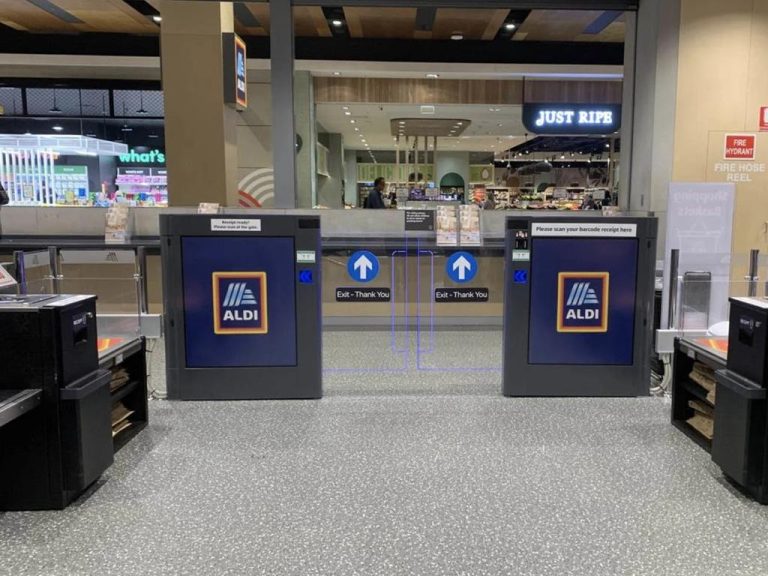Danger sign for major Aussie shops amid Temu, Shein surge

Aussies are increasingly turning to budget online platforms for their shopping.
Australia’s shopping centres are facing their biggest shake-up in decades as the explosive rise of online giants Amazon, Temu and Shein torpedoes traditional bricks-and-mortar stores.
Industry insiders warn that the boom in cut-price, fast-delivery platforms is forcing retailers to rip up their business models — or risk vanishing from malls altogether.
Several major retailers – including eBay, Kogan, The Reject Shop, and Best & Less – have experienced significant year-on-year declines in customer numbers.
Others such as Millers, Rivers, Noni B, Katies, Autograph, Crossroads, Rockmans, and Wittner have exited the market entirely in the past year.
It comes as figures from research group Roy Morgan released this week revealed 8.8 million Australians bought at least once through Amazon over the past 12 months – up 11 per cent, or by 900,000 year-on-year.
About 4.7 million are buying from Temu, up 24 per cent annually, while 2.6 million are buying from Shein, up 27 per cent annually.
MORE: Temu, Shein busted: Kmart drops major plan

Many malls may have to change their business models.
Roy Morgan estimates Temu and Shein together had close to additional $1.3 billion in annual sales year on year – $1 billion additional sales for Temu and $0.3 billion additional sales for Shein
Roy Morgan head of retail and consumer products Catherine Jolley said this level of growth was unparalleled.
“The growth in shopper numbers at this scale and speed is unprecedented and it’s redefining the market before our eyes,” she said.
“As discount platforms reset consumer expectations, the challenge for established retailers, particularly those that have relied on a low-cost position, is to understand the impact on their position in the ‘new retail order’.”
MORE: Kmart’s $200m promise to customers

Platforms such as Temu have seen incredible growth, new figures show.
Vacancy rates in major shopping centres have begun to climb, with landlords scrambling to re-lease empty shops as fashion and homeware chains pull back on expansion plans.
Real estate analysts say the threat could reshape the nation’s retail property market, which underpins the value of super funds and suburban economies.
The hardest hit are clothing and accessory chains, stores that once drove shoppers into mega-centres dotted around our capital cities.

Ray White Commercial head of research Vanessa Rader said cost of living has shaped the retail sector.
With Shein and Temu flooding smartphones with ultra-cheap apparel, big-name tenants are often cutting costs.
Amazon’s rise is also turning the screws. The company’s massive warehouses have been sprouting across Australia, the allure of fast delivery driving many away from physical shops.
For commercial landlords, the fallout is brutal. Empty shops drag down asset values, while pressure mounts to reinvent malls as “experience centres” with gyms, food courts and entertainment.
The upheaval comes at a time when households are also tightening belts under surging living costs, fuelling the appeal of online bargains.
Ray White Commercial head of research Vanessa Rader said shoppers were prioritising lower prices amid the cost of living crisis and that has helped platforms like Shein and Temu.







